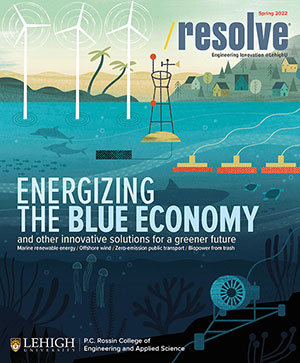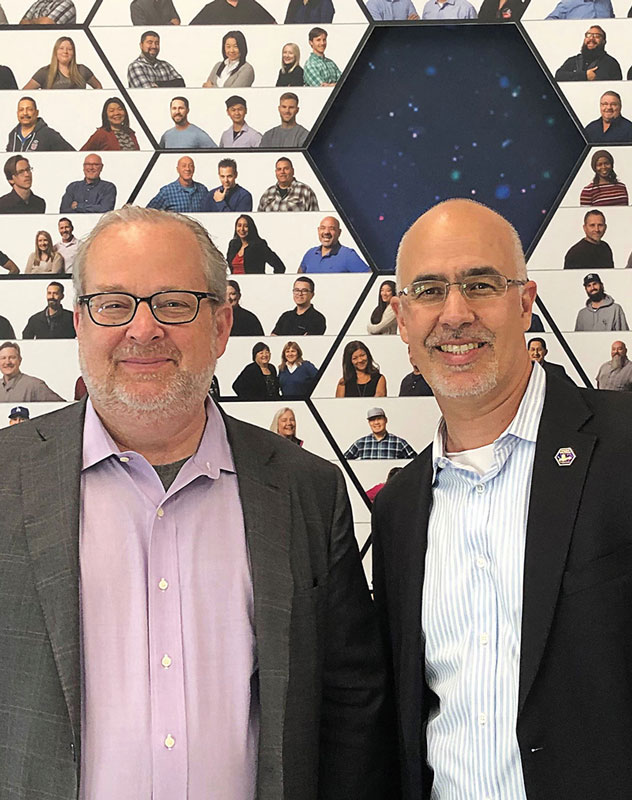 Surging energy consumption worldwide, climate change that grows more prominent with each passing season, and a war of aggression in Eastern Europe all point to the same underlying issue: the urgent global need to invest in new approaches to satisfying our energy demands in sustainable, equitable ways.
Surging energy consumption worldwide, climate change that grows more prominent with each passing season, and a war of aggression in Eastern Europe all point to the same underlying issue: the urgent global need to invest in new approaches to satisfying our energy demands in sustainable, equitable ways.
Energy research is, by definition, an interdisciplinary endeavor. The design of holistic approaches to energy generation, distribution, and usage, and the related environmental impact, requires a panoply of expertise from wide-ranging fields. It is a complex set of interrelated challenges that could be addressed adequately only through the development of an interdisciplinary team-based approach.
Interdisciplinary research is essential to identifying, exploring, and developing solutions to society’s most pressing challenges, energy among them. Through Lehigh’s Interdisciplinary Research Institutes, we have been steadily building activity and support structures that enable team science to flourish. A string of recent research awards—many of which are discussed in the following pages—is evidence that the strategy is bearing fruit.
In this issue, we highlight team science successes in the area of green energy. The Atlantic Marine Energy Center is a clear example of interdisciplinary team science in action. Even in its earliest stages, this venture draws upon Lehigh’s strengths in mechanical, electrical, computer, industrial, civil, and structural engineering (as well as sociology and anthropology) in its mission of “energizing the blue economy.”
Also featured is a waste-to-energy project that involves a fascinating mix of artificial intelligence, spectroscopy, and municipal trash processing (in some ways, the ultimate in recycling). Ongoing work with the Santa Clara Valley Transportation Authority brings together experts in several fields of engineering with economists and political scientists. Yet another new interdisciplinary project around offshore wind turbine testing seeks to better to better replicate the conditions encountered off the East Coast.
This issue’s Q&A turns our attention to the outer reaches of the cosmos through the eyes of electrical engineering alumnus Scott Willoughby ’89, a vice president at Northrop Grumman who leads the firm’s James Webb Space Telescope program with NASA. In an effort that has captivated the science press for months, Willoughby managed the successful design, build, and launch of an engineering marvel that traps photons that are 13.5 billion years old.
In “Data Driven,” we introduce the Rossin College’s exciting new interdisciplinary master’s degree program in Data Science, which is a testament to the pervasiveness of data across all fields of human endeavor. To be on the cutting edge, tomorrow’s most successful professionals will complement their domain knowledge with computational and data science expertise.
Finally, you’ll meet Karmel Shehadeh, an assistant professor of industrial and systems engineering and this issue’s Rising Star. Shehadeh’s work in the optimization of health care systems, in areas such as operating room scheduling and medical facility location planning, illustrates the direct human impact of data science research. Improved mathematical modeling, she says, can lead to better, more equitable care.
Thank you as always for your interest in Lehigh Engineering and the Rossin College. Please drop me a note with your thoughts and comments.

Stephen P. DeWeerth, Professor and Dean
P.C. Rossin College of Engineering and Applied Science
steve.deweerth@lehigh.edu

